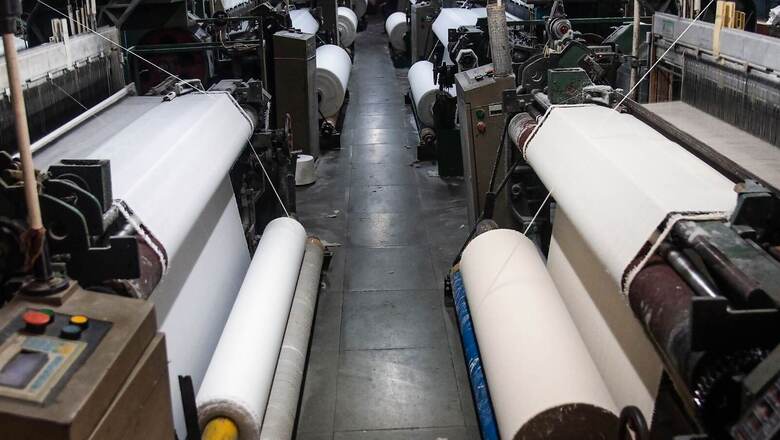
views
National Small Industry Day is an annual celebration that recognises the value of small businesses in our society. Every year on August 30, the country celebrates National Small Industry Day. The day is dedicated to encouraging small businesses around the country. This day is observed with the goal of encouraging small businesses and offering job chances to the jobless. In a developing nation like India, a small-scale sector plays an essential part in economic growth. Keeping in view the strategic relevance of the such sectors, special emphasis has been placed on the necessity for its development. As a result, the trend of government policy assistance for the small industry has been beneficial and favourable for the growth of small enterprises.
History of the day
On August 30, 2000, a comprehensive policy package for the SSI sector was launched, providing significant support to small firms in India. It was subsequently agreed that August 30 would be designated as “SSI Day” by the Ministry. On August 30, 2001, the Ministry of Small-Scale Industries held an SSI (Small Scale Industry) Convention for SSI Entrepreneurs in New Delhi, as well as a presentation of the National Awards function.
The program was divided into three sections: Inauguration, Distribution of National Awards, and an Open House Discussion. The ministry even stated that the Prime Minister’s comprehensive policy package presented in 2019 had addressed the majority of the sector’s requirements.
Significance of the day
So far, the central government has made every effort to establish small-scale enterprises around the country in order to help people find work. The goal of marking this day is to emphasise the importance of small-scale enterprises in creating work possibilities for individuals living in both rural and urban regions. Because small businesses are labour-intensive, the units of capital engaged in them retain a higher proportion of employment.
The second major goal is the equitable allocation of economic power. The cottage and tiny industry commercialise economic power. The small industry allows for industrial marketing. This enables the country’s economic progress by minimising technical imbalance and regional technological inequality. There is an abundance of employees as a result of labour-intensive technologies. As a result, it is critical that they maintain industrial peace.
Read all the Latest News, Breaking News and Assembly Elections Live Updates here.




















Comments
0 comment